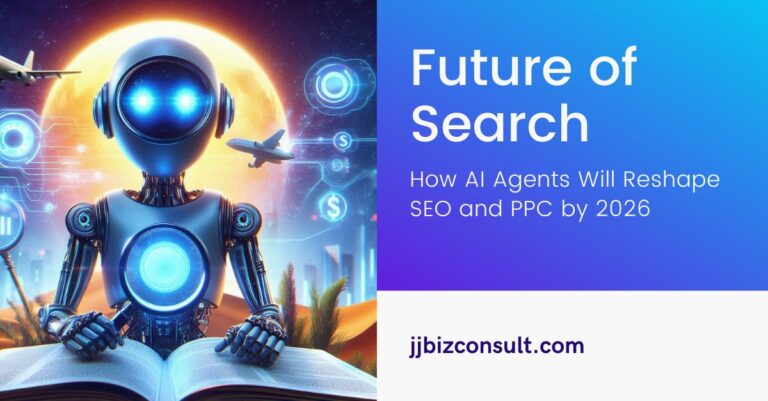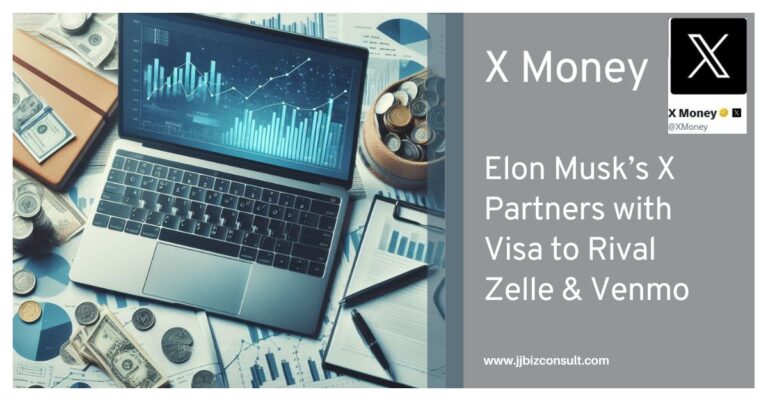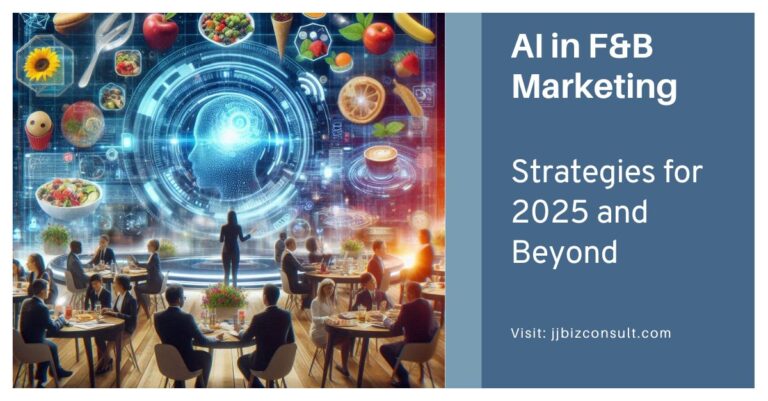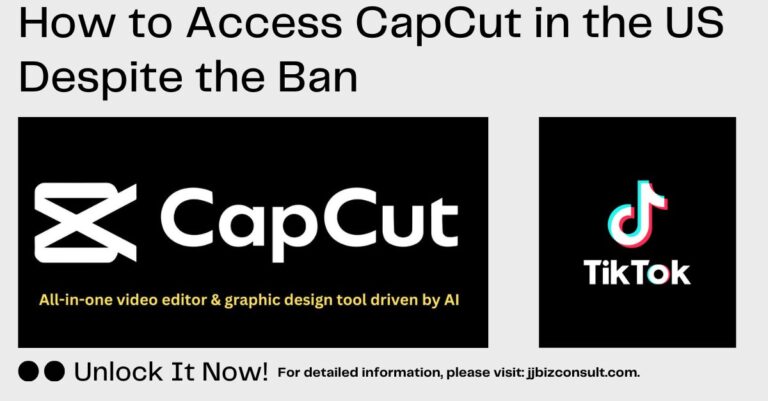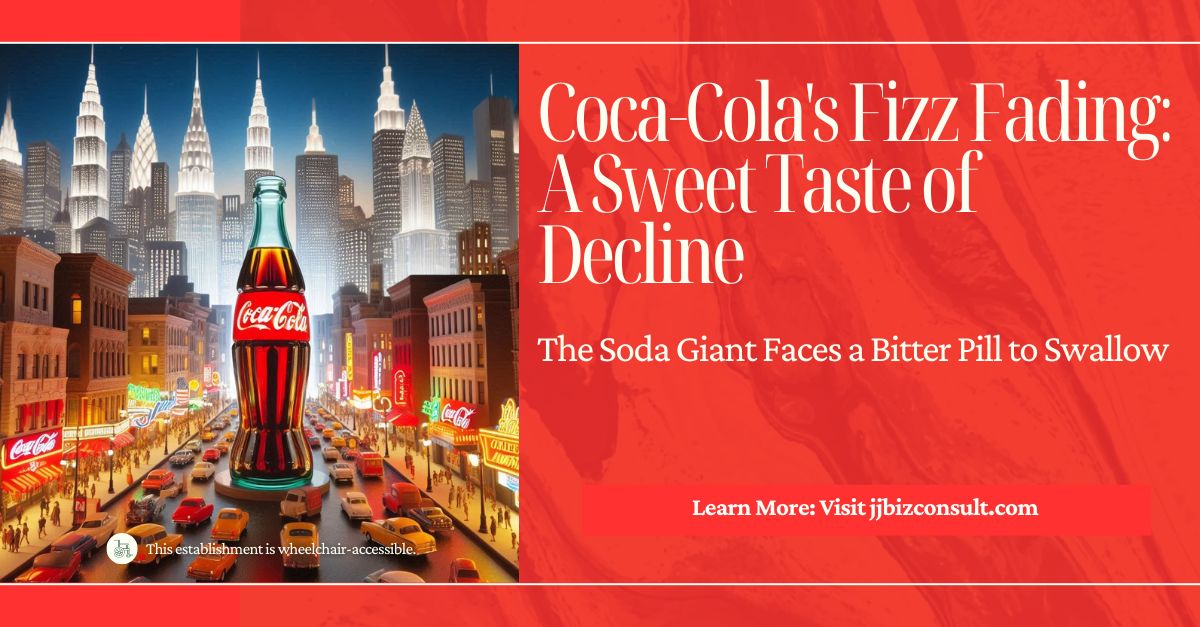
World of Coca-Cola: Is the Fizz Fading in America?
World of Coca-Cola: Coca-Cola, once an unyielding titan of the beverage industry, is finding itself in a precarious position. The iconic soda brand is experiencing a significant decline in popularity within its home market, the United States. This shift can be attributed to several interconnected factors that are reshaping consumer preferences.
The Allure of Health and Wellness
World of Coca-Cola: A burgeoning emphasis on health and wellness has led to a surge in demand for alternative beverages. Non-alcoholic options, such as sparkling water, flavored water, and plant-based drinks, are increasingly capturing the attention of consumers seeking healthier choices. Moreover, the meteoric rise of weight loss drugs has further accelerated this trend, with individuals opting for pharmaceutical interventions to manage their weight rather than relying on dietary changes.
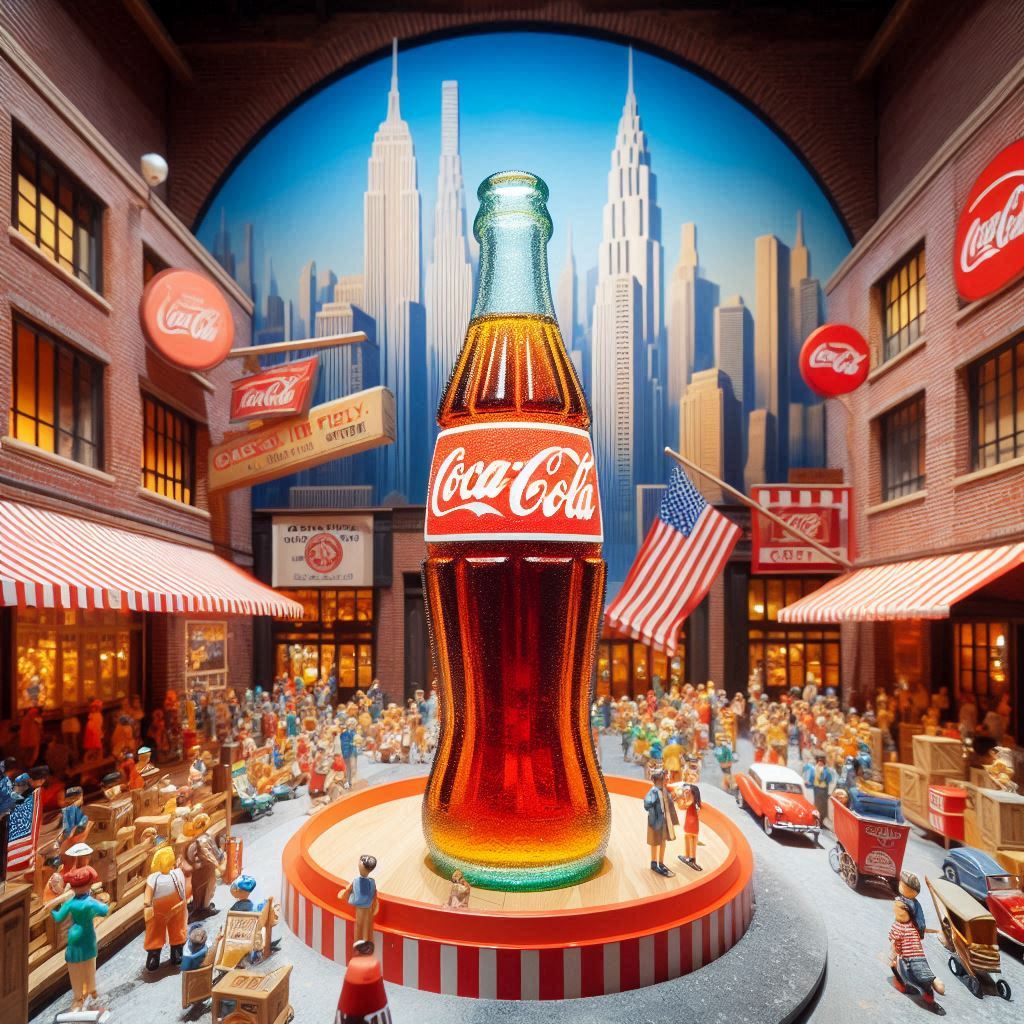
Pepsi: A Carbonated Companion in Decline
World of Coca-Cola: Coca-Cola is not alone in its struggle. Its primary competitor, Pepsi, has also encountered challenges in retaining the loyalty of U.S. consumers. Both beverage giants are grappling with the reality of a shifting market where health-conscious choices reign supreme.
A Generation Gap in Consumption
World of Coca-Cola: A closer examination of consumer behavior reveals a generational divide. Younger adults, in particular, are demonstrating a marked preference for healthier alternatives. This demographic shift has profound implications for the future of the soda industry, as younger consumers are likely to carry their habits into adulthood.
Recall Troubles for Pepsi
To compound Pepsi’s woes, a series of product recalls in the second quarter exacerbated the company’s challenges. These incidents not only impacted sales but also eroded consumer trust, further contributing to the overall decline in the soda category.
The Road Ahead: A Sweet or Sour Future?
The future of Coca-Cola and Pepsi hinges on their ability to adapt to the evolving consumer landscape. While these companies possess immense financial resources and brand equity, they must innovate to remain relevant. Diversifying product portfolios, investing in research and development, and exploring new market segments are essential steps to ensure long-term sustainability.
As the beverage industry undergoes a transformative period, it remains to be seen whether Coca-Cola and Pepsi can successfully navigate the challenges and reclaim their dominance or if they will become relics of a bygone era.
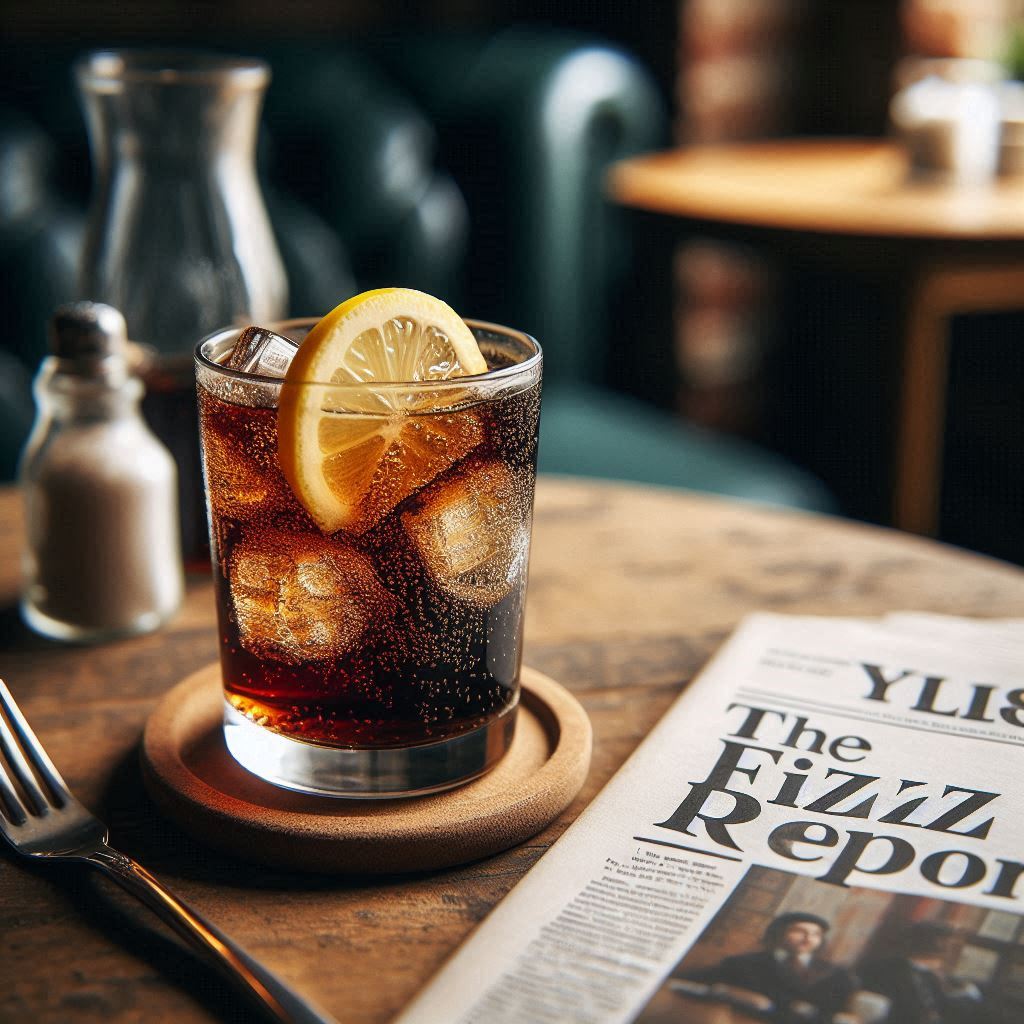
How are other beverage companies faring in this changing landscape?
Other beverage companies are navigating the changing landscape by embracing several key trends and strategies:
1. Functional Beverages
Many companies are focusing on functional beverages that offer health benefits beyond basic hydration. These drinks target areas like energy, immunity, cognitive function, and gut health. Brands that align their marketing with health claims and exercise trends are gaining market share.
2. Non-Alcoholic and Low-Alcohol Options
The demand for non-alcoholic and low-alcohol beverages is growing, driven by health-conscious consumers and the “sober curiosity” movement. This includes non-alcoholic beers, wines, and spirits. Companies like Diageo are expanding their portfolios with alcohol-free options.
3. Personalization
Consumers are increasingly seeking personalized beverages tailored to their individual needs and preferences. This trend has led to the rise of at-home beverage creation kits, such as kombucha brewing kits and soda seltzer machines.
4. Sustainability
Sustainability is a significant focus, with companies investing in eco-friendly packaging and production processes. Legislation on single-use plastics is prompting brands to adopt more sustainable practices.
5. Premiumization
There is a growing trend towards premium beverages, with consumers willing to pay more for higher quality and unique flavors. This includes premium non-alcoholic drinks and craft beverages.
6. Technological Innovation
Technological advancements are playing a crucial role in the beverage industry. Companies are using generative AI to personalize drink blends and enhance the consumer experience.
Examples of Companies Adapting:
- PepsiCo: Despite challenges, PepsiCo is investing in healthier product lines and sustainability initiatives.
- Nestlé: The company is focusing on functional beverages and sustainability, with a strong emphasis on plant-based options.
- Diageo: Expanding its non-alcoholic product range to cater to the growing demand for alcohol-free options.
These strategies are helping beverage companies stay relevant and competitive in a rapidly evolving market.
Innovations in Packaging Sustainability that have been successful
Hey there, I’ve got some cool stuff to share about how companies are getting their green on with packaging! There’s been a bunch of new ideas popping up that are actually working well. Here are some that have caught my eye:
Recycled Stuff
So, Rema 1000, this grocery store from Denmark, started using old fishing nets to make their detergent bottles. How neat is that? And John B. Sanfilippo & Son, they make nuts, right? Well, they swapped out their composite cans for PET canisters that you can chuck in the recycling bin with the rest of your plastics.
Packaging that goes “Bye-bye” Faster
Alba Cheese is using this fancy stretch wrap that breaks down like, 20 times quicker than the usual stuff. And Reckitt Benckisher, they’re the brains behind some popular cleaning products, right? They came up with a film for their dishwasher pods that’s totally recyclable.
Use It Again, Sam
Ecover went all out and set up a system in the U.K. where you can refill your bottles, like, 50 times before you need a new one. How’s that for cutting down on waste? And Greiner Packaging got clever with a dishwasher-safe plastic yogurt lid that you can use over and over.
Eat Your Trash
Evoware is the cool kid on the block with edible cups made from seaweed. Yeah, you heard me right, you can actually eat your cup and help the planet at the same time.
There’s an App for That
Scrapp made this app that tells you exactly how to recycle stuff. Just scan the barcode on your trash and boom, you’re a recycling pro.
Plants to the Rescue
Some companies are playing mad scientist with bio-based plastics made from things like algae and plants. It’s like Mother Nature’s gift to packaging.
Less is More
Jägermeister went on a diet with their packaging and now use 38.5% less material. Plus, most of it is from recycled stuff, which is pretty rad.
No More Straws, Just Lids
And let’s not forget McDonald’s, who’s trying out strawless lids in the U.S. Imagine not having to deal with those pesky plastic straws anymore.
These companies are just a few of the many that are getting serious about being green. It’s all because we, the people, want our stuff to be eco-friendly, and the big guys are listening. Plus, the rules are changing, so they gotta keep up. They’re throwing cash into making packaging that’s good for the earth but still does its job without breaking the bank. Ain’t that swell?
AI for Customer Engagement: How Coca-Cola is Popping with Innovation
Coca-Cola Y3000: Unveiling the Epic AI-Infused Beverage
Dr Pepper: The Unexpected Challenger Surprises in the Soda Wars

